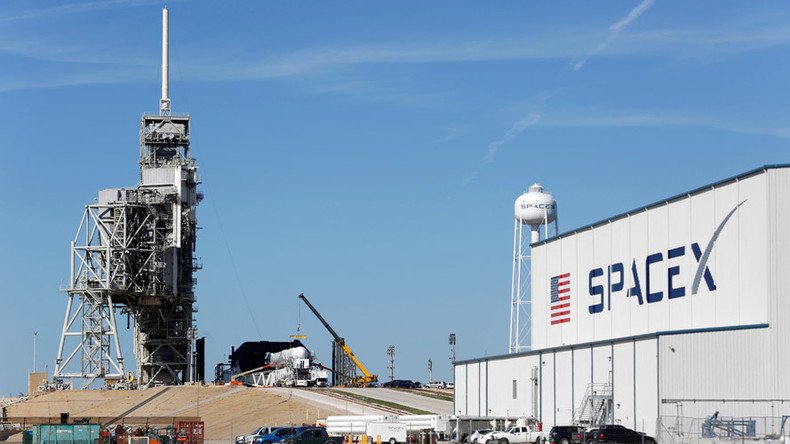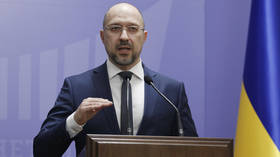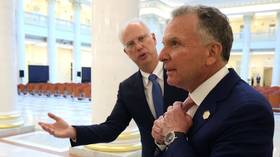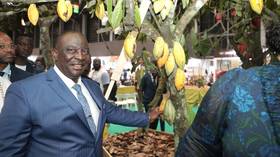SpaceX launches Bulgarian satellite on recycled rocket (VIDEO)

SpaceX has launched a Bulgarian satellite into orbit onboard its only second-ever recycled delivery rocket.
The US firm owned by Elon Musk is on a quest to revolutionize space travel and in March successfully completed a mission re-using a Falcon 9 rocket.
The reusable nature of SpaceX's delivery rockets is a concerted effort to drive down costs associated with space travel and transport.
The mission to send BulgariaSat-1 – a Bulgarian commercial satellite – into space lifted off from Nasa’s Kennedy Space Center in Florida on Friday.
#SpaceX launches Bulgarian satellite on second-ever recycled rocket https://t.co/xVQbL8pEMypic.twitter.com/vsB4UfGB2S
— RT (@RT_com) June 23, 2017
Successful deployment of BulgariaSat-1 to a Geostationary Transfer Orbit confirmed.
— SpaceX (@SpaceX) June 23, 2017
Rocket is extra toasty and hit the deck hard (used almost all of the emergency crush core), but otherwise good
— Elon Musk (@elonmusk) June 23, 2017
Following the separation of the satellite from the Falcon 9 rocket, the recycled craft landed safely back down on the “Of Course I Still Love You” droneship stationed in the Atlantic Ocean.
In its short history, SpaceX has gone through some teething problems, with a number of rockets exploding mid-take off or failing to stick the landing. However, recent missions have largely gone off without a hitch, but for a few weather disruptions.
READ MORE: 5 spectacular SpaceX rocket fails, from launches to landings (VIDEO)
Musk has compared the future of spacefaring to that of air travel.
4K video of Falcon 9 first stage landing after delivering Dragon to orbit for a @Space_Station resupply mission → https://t.co/Qp0SDhDrVG
— SpaceX (@SpaceX) June 7, 2017
“If one can figure out how to effectively reuse rockets just like airplanes, the cost of access to space will be reduced by as much as a factor of a hundred,” Musk said.
“That really is the fundamental breakthrough needed to revolutionize access to space.”













